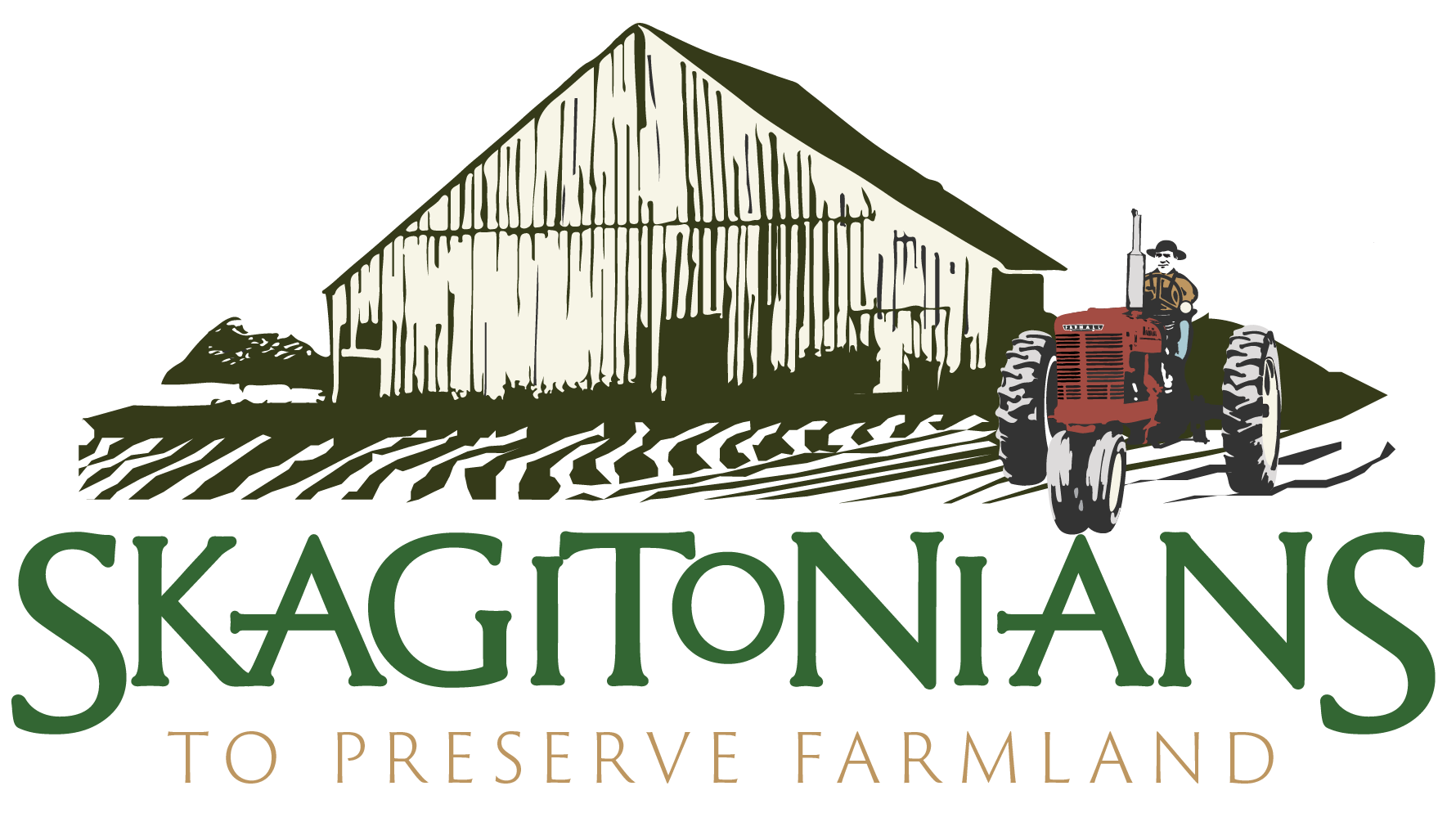Agronomy Science - What is it and who needs it?
Agronomy is defined as an area of study that focuses on crops and the soils in which they grow. It is a subset of agricultural science that, through education and meeting professional standards, "looks at agriculture from an integrated, holistic perspective, informing practical decisions pertaining to food and fiber production," (UC Davis).
Let's unpack that a bit: Agronomy is a scientific analysis and application of anything and everything that determines how best to grow a given crop in a given location.
The following from Purdue University says it very well:
"Agronomy is the core of all agricultural sciences. The management of soil and water, with a view to achieving production of high yielding varieties is exclusively an agronomic domain. Among all the variances in agriculture, agronomy occupies a pivotal position. . . Agronomy is an integrated and applied aspect of different disciplines of pure sciences."
Agronomists
The people who apply those pure sciences are, of course, agronomists. Sometimes known as crop doctors, agronomists are experts in all aspects of crop production.
Many specialize in one crop, or family of crops, but it's one crop and how best to grow it under a wide variety of conditions.
The American Society of Agronomy (ASA), founded in 1907, offers this list of just some of the things agronomists look at, "The properties of the soil; how the soil interacts with the growing crop; what nutrients the crop needs; when and how to apply those nutrients; the ways that crops grow and develop; how climate and other environmental factors affect the crop at all stages; how best to control weeds, insects, fungi, and other crop pests; and, how to grow crops effectively and profitably while conserving and protecting the environment."
Whew. And, there's more.
Agronomists are knowledgeable about plant genetics and crop's basic physiology; they are abreast of new developments in cultural practices such as planting dates, row spacing and seeding rates as they relate to constant shifts in climate and meteorological fluctuations.
Agronomists advise farmers in how to gather and analyze data about their cropping system, leading to optimal use of inputs and enhanced yields.
They have been called the bridge between the pure researcher and the farmer.
True Professionals
The ASA has a rigorous criteria for professional certification of agronomists. Like all professional standards it involves education, experience, and commitment over a specified length of time as well as the passing of examinations. The first step is to become a Certified Crop Adviser.
The applicant must have a measure of experience equal to either two years of experience with at least a Bachelor of Science Degree in an agronomy-related field; or, three years experience with an Associates Degree in an agronomy-related field; or, have at least four years experience with no degree.
Regardless of experience, each applicant must pass two comprehensive exams through a Local and an International Board. If an applicant wishes to obtain a higher-level certification, the next step is as a Certified Professional Agronomist.
This level is based on being a Certified Crop Adviser in good standing with a minimum of a B.S. degree in agronomy, five years of post-degree experience, and five references, as well as a successful review by the Local Certifying Board.
Both classes of certification must sign and adhere to a code of ethics that places customer's needs first. And, both must earn 40 hours of Continuing Education Units (CEU) every two years.
Many Ways to Practice the Trade
Beyond the one-on-one relationship between an agronomist and their farmer clientele, agronomists can be found in many other positions that benefit from their professional achievements.
They may be plant breeders; inspectors for farm management services, financial institutions and food processing companies; plant pathologists; fertilizer and chemical store managers; and, soil and water conservationists, to name just a few.
The FFA (before COVID) offered an Agronomy Career Development Event that challenged students, "to build and demonstrate knowledge in the wide field of agronomy." As the FFA says, a team of four students "evaluate an agronomic scenario and develop a crop management plan that includes crop selection, production, problem solving and marketing.
Individually, the team members also complete an agronomic knowledge exam, identify and analyze plant and soil types, evaluate commodity quality, demonstrate pest management and equipment knowledge, and discuss an agronomic issue important to crop production."
It is an opportunity to "demonstrate an understanding of sustainable agriculture and environmental stewardship while learning the fundamentals of the many fields that holistically come together to successfully produce field crops."
Who Needs It?
As a crop consultant, an agronomist offers a boost to any farmer's operation by increasing the effectiveness of a cropping plan. The farmer can utilize the agronomist's expertise to selectively or universally—depending on the plan—alter cultivation practices. The agronomist uses technology, experience, and cutting edge insights to undergird the complicated process that leads to economic success. Their up-to-date knowledge and practical application of that knowledge distill the many, many sources of information into what actually works.
Who doesn't need that?
By Teresa Bennett: info@skagitonians.org




